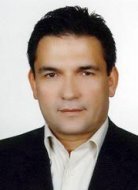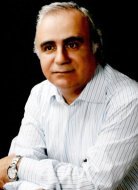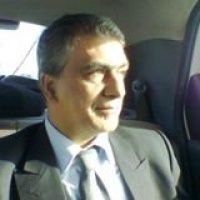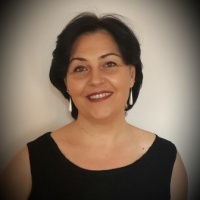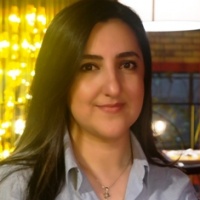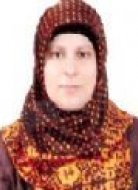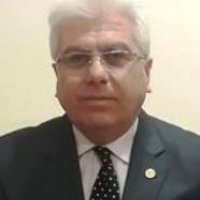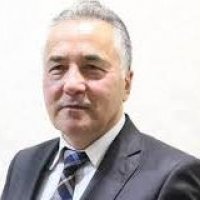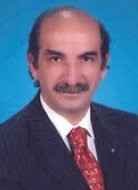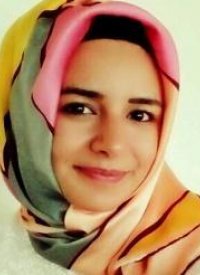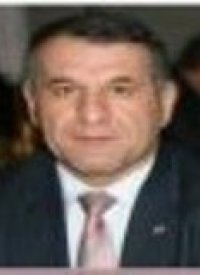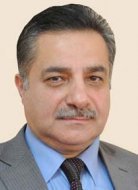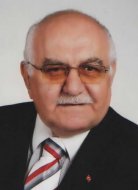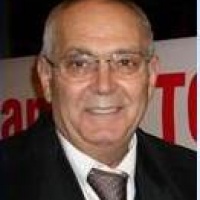Murat Yetkin - Hürriyet Daily News / Istanbul, July 27 () - Turkish Prime Minister Ahmet Davutoğlu said the military operations against Islamic State of Iraq and the Levant (ISIL) targets in Syria and the Kurdistan Workers’ Party (PKK) in Iraq on July 23 and 24 have “changed the regional game.”
“Now there are new conditions” Davutoğlu said. “Though they are not at the dimension of a paradigm shift, we want everyone to read and asses those new conditions created by our Syria and Iraq operations once again correctly and review their own position accordingly.”
Davutoğlu made those remarks during a working dinner with the editor-in-chiefs of a number of Turkish newspapers, including Hürriyet Daily News, on July 25 in Istanbul.
“I am sure that political actors inside and outside Turkey are aware that July 23 and 24 represent two different phases” Davutoğlu continued. “I mean, the presence of a Turkey that can use its force effectively can lead to consequences which can change the game in Syria, Iraq and the entire region; everyone should see that.”
Davutoğlu was referencing three waves of Turkish military operations against ISIL in Syria and the PKK in Iraq on July 23 and 24 in retaliation to their attacks in Turkey on July 20, 22 and 23, and simultaneous police raids in Turkey where hundreds of people with suspected links to ISIL, the PKK and the armed leftist Revolutionary People’s Liberation Party-Front (DHKP-C) were taken into custody.
On July 20 in Suruç, the Turkish town bordering Syria across from the Kurdish-held Syrian town of Kobane, a suspected ISIL suicide bomber killed at least 31 Turkish citizens. The same day a Turkish soldier was killed when PKK militants sprayed bullets at a military patrol. On July 22, the PKK claimed responsibility for killing two police officers as they were sleeping in their homes in the southeast town of Adiyaman, which also hit a big blow to the three-year-old Kurdish peace talks between the government and the PKK. The same day, the DHKP-C had a rally in Istanbul for the funeral of one of their sympathizers killed in Suruç where militants carrying automatic rifles with their faces covered with masks showed up. On July 23, ISIL militants opened fire on a military patrol near the Syrian border town of Kilis, killing a non-commissioned officer and wounding four soldiers.
The militant was killed instantly by reciprocal fire but within hours, in the early hours of July 24, Turkish jets hit ISIL targets in Syria for the first time since the beginning of the civil war there in 2011.
“It was during a special security summit planning how to retaliate to the ISIL attack in Suruç” Davutoğlu said, “That we got the news about the killing of our troop on the Syrian border. It was that attack which prompted our action; it became an existential issue for the Turkish state. We had to react immediately, it would mean nothing if we’d wait for a week and strike then.”
The PM said “all five militants” involved in the border attack were killed, 35 suspected PKK affiliates involved in the killing of two policemen were arrested and ammunition depots and gathering points of the PKK in north Iraq along the Turkish border were destroyed during the two-day of operation “with no civilian causalities.”
“This is how we are going to act from now on” Davutoğlu challenged, giving three reasons for this shift in policy:
1- The Turkish government assessed a combined action against Turkish democracy which tested the power of the government following the June 7 election, similar to those of 2007 and 2011. The government had to take action to maintain public order to protect democracy and freedoms.
2- Public security threats against Turkey had to be countered. Actions were taken against PKK positions in Iraq and ISIL positions in Syria (Davutoğlu uses the “Daesh” acronym in place of ISIL. He thinks ISIL terrorism should not be used to defame Islam).
3- Turkey had to demonstrate its deterrent power and potential to those who are calculating new scenarios in the region. “I hope that could be seen now” the PM added.
Were there any reactions from any countries or leaders against the operations? That question was asked in reference to a statement attributed to Masoud Barzani, the president of Iraq’s Kurdistan Regional Government (KRG), criticizing Turkey. “I just talked to Barzani earlier today [July 25]” Davutoğlu said. “He told me that he understood the necessity of the operation and offered cooperation. That is the truth.”
Upon questions Davutoğlu also said there was no reaction from Russia or Iran, which are known to be major supporters of the Bashar al-Assad regime in Syria.
Davutoğlu’s gathering with the press got interrupted twice when he received calls, first from United Nations Secretary General Ban Ki Moon and then European Council President Jean-Claude Juncker. Adding that earlier in the day he had spoken on the phone with British Prime Minister David Cameron, Davutoğlu was happy with the responses, saying all acknowledged Turkey’s right to protect itself.
And how about the cabinet decision to open up the strategic İncirlik air base and other Turkish bases to the U.S.-led coalition against ISIL on the day the Turkish operations started? Being already a part of the coalition, Turkey resisted the demands to join air operations against ISIL on three major objections: The removal of al-Assad from power should be equally targeted as the “source of the problems” in Syria, a no-fly zone should be imposed over Syrian soil “for the needs of Turkey to counter its refugee problem” and a place for “moderate opposition” in Syria in the country’s future. Were those problems settled through recent talks between Turkish and U.S. officials, leading them to give permission for the use of Incirlik?
Here is what Davutoğlu said: “We had certain discrepancies in between. But we had important points in common as well, like being against all kinds of terrorism and the need of Assad leaving power for a better Syria. The agreement we reached [with the Americans] has covered our concerns and expectations up to a certain level. I cannot get into details. But, for example an important point was the air cover for the Free Syrian Army [FSA] and other moderate elements fighting against Daesh. If we are not going to send land units to the ground [in Syria], and we will not, then those forces acting as ground forces cooperating with us should be protected. Also training and equipment efforts are agreed to be speeded up to a desired level. More cooperation with the coalition including the use of İncirlik became possible. Necessary steps will be taken in the coming days.
“There will be no place for Daesh near Turkish borders” Davutoğlu said.
One of the seemingly contradicting points in the new Syrian theater following Turkey’s move is the situation of the Syrian-Kurdish forces lead by the Democratic Union Party (PYD) there. They are fighting against ISIL’s forces and appreciated by the Americans and Europeans for that, but also in organic relation with the PKK, which is blacklisted by Turkey, the U.S. and the EU as a terrorist organization. Will the Turkish government take PYD forces as an enemy like the PKK and ISIL in Syrian operations?
“It all depends on the PYD’s behavior” Davutoğlu said. “So far they did not bother us like Daesh or the PKK. If they do so, we will react in the same way. But if they do not disturb Turkey, cut all relations with the Assad regime and cooperate with the opposition forces, they can well have a place in the new Syria.”
“If the PKK” said the PM, “Had taken all its armed units out of Turkey as they had promised in May 2013, now they wouldn’t have seen Turkish jets over the Kandil Mountains [of Iraq where the PKK headquarters is] now.”
Answering a question regarding the Kurdish problem-focused Peoples’ Democratic Party (HDP) complaints that they were not permitted to see the PKK’s imprisoned leader, Abdullah Öcalan, Davutoğlu made a tough remark:
“The HDP people could go anywhere they want, whether Kandil or else, and talk to anyone they like to convince the PKK to keep their promises. Until that time, no political delegation will be able to visit Öcalan.”
The HDP, which acquired 80 seats in the 550-seat Turkish parliament in the June 7 election, used to mediate between the government, Öcalan and the PKK for the last three years as a part of the Kurdish peace bid of the Justice and Development Party (AK Parti) governments, initiated by then PM, now President Tayyip Erdoğan.
Davutoğlu also answered questions about the ongoing talks between his AK Parti and the social democratic Republican People’s Party (CHP) for a possible coalition government.
Praising CHP leader Kemal Kılıçdaroğlu’s recent interviews with pro-government newspapers Sabah and Yeni Şafak, Davutoğlu said political tension “except the terrorist actions and the government reaction” were less than on the morning of June 8, right after the election. “He was trying to express his concerns but trying to find a way with no hard feelings” Davutoğlu said, without saying whether he considered a coalition with the CHP or another election soon if a government could not be established more likely.







